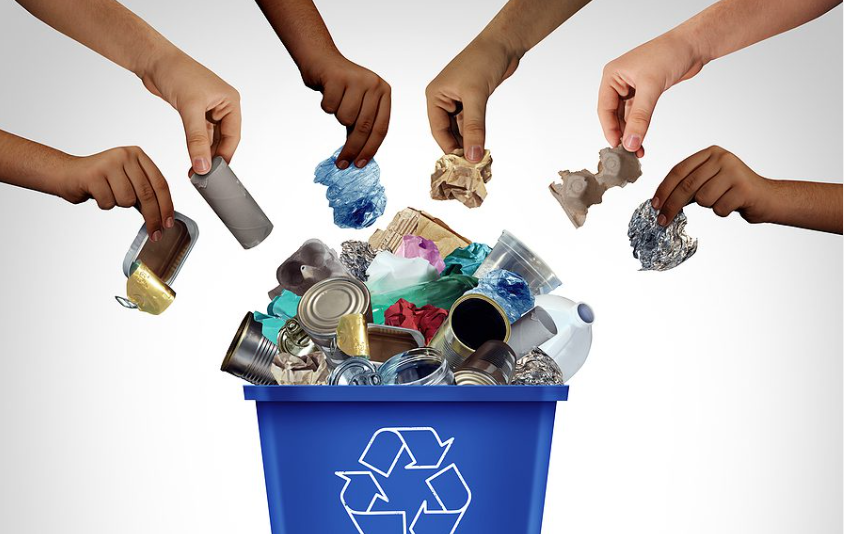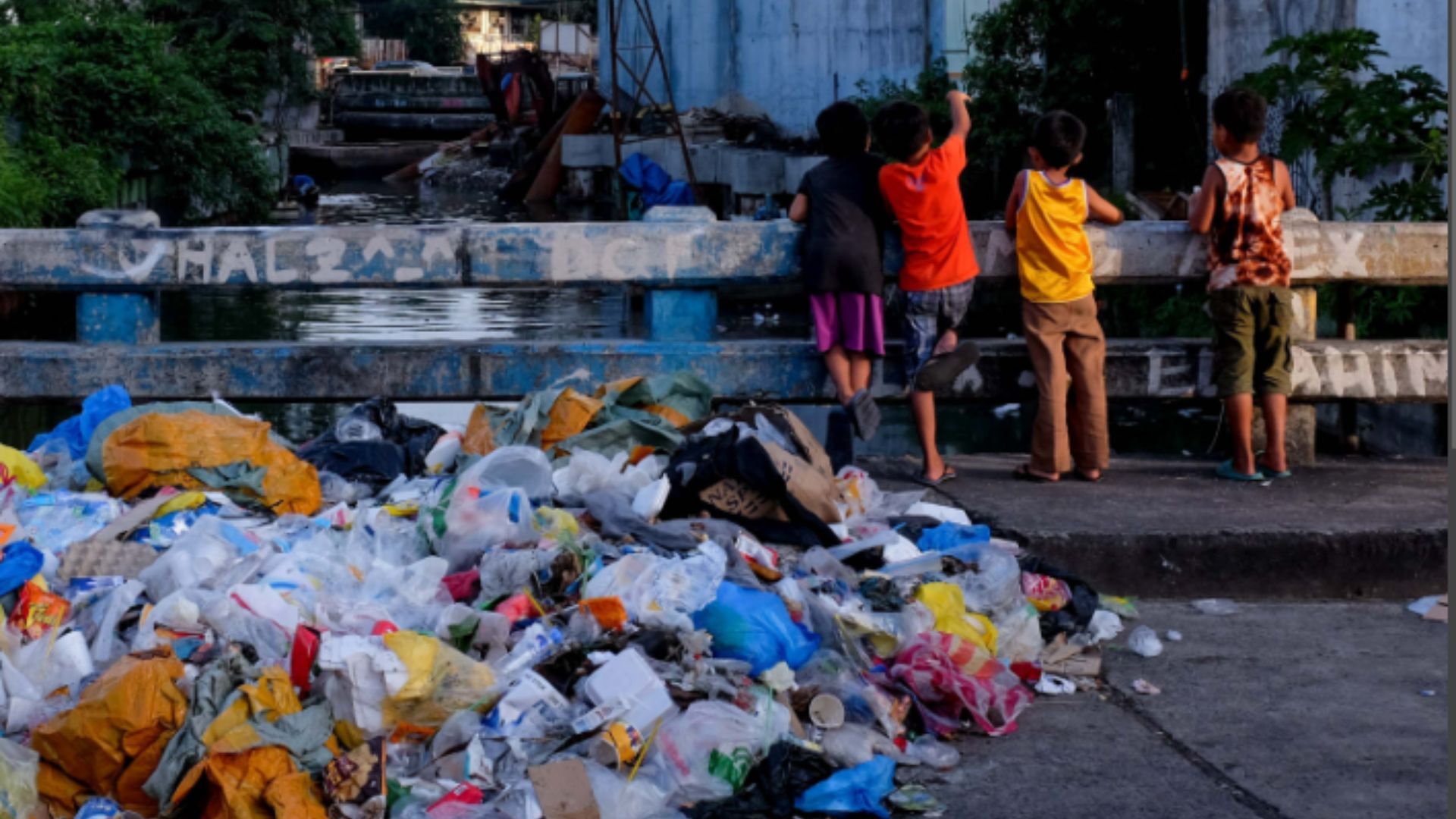Waste materials have become a global concern, as our consumption-driven lifestyles continue to generate vast quantities of discarded products and byproducts. The improper disposal and mismanagement of waste materials pose significant environmental, economic, and public health challenges. In this article, we will delve into the challenge of waste materials, their impact on the environment, and innovative solutions for waste management.
The Impact of Waste Materials on the Environment
Waste materials, ranging from plastic packaging to electronic waste (e-waste), have a profound impact on our environment. Landfills brimming with non-biodegradable materials release harmful chemicals and greenhouse gases, contributing to climate change. Additionally, the disposal of electronic waste improperly can lead to soil and water contamination due to the presence of hazardous materials like lead, mercury, and cadmium. Visit slots online for extra cash.
Transitioning to Sustainable Practices
To mitigate the environmental consequences of waste materials, societies worldwide are transitioning to more sustainable practices. Recycling and upcycling have gained prominence, diverting waste from landfills and reducing the need for new raw materials. Governments and businesses are increasingly investing in recycling infrastructure, making it easier for individuals to participate in eco-friendly disposal methods.
The Circular Economy Approach
The concept of a circular economy has gained momentum as a sustainable solution to waste materials. This approach promotes the continual use, repair, and repurposing of products and materials, thereby minimizing waste generation. Companies are adopting circular business models, such as product-as-a-service and remanufacturing, to reduce their environmental footprint.
Innovative Technologies for Waste Management
Furthermore, advancements in technology are playing a pivotal role in addressing waste materials. Waste-to-energy facilities, for example, convert non-recyclable waste into electricity, reducing the reliance on fossil fuels. Similarly, biodegradable plastics and compostable materials are being developed to replace traditional plastics, reducing their environmental impact. You can also visit best paying online casino and make money.
Challenges and Opportunities in Recycling
While recycling is an essential component of waste management, it faces challenges. Contamination of recycling streams, insufficient infrastructure, and low consumer awareness can hinder the effectiveness of recycling programs. However, innovations in sorting and processing technologies offer opportunities to improve recycling rates and reduce contamination.

Consumer Responsibility and Behavior
Individual consumers play a critical role in waste management. Reducing consumption, reusing items, and recycling correctly are actions that can significantly minimize waste generation. Governments and businesses must work together to educate the public about responsible waste disposal and incentivize eco-friendly behaviors.
The Role of Legislation and Policy
To add on, government policies and regulations are essential in shaping waste management practices. Many countries have implemented waste reduction targets, extended producer responsibility (EPR) programs, and plastic bans to encourage responsible waste disposal and reduce the environmental impact of waste materials.
Global Collaboration for a Sustainable Future
Additionally, addressing the global issue of waste materials requires collaboration on an international scale. Cross-border initiatives, such as the Basel Convention, aim to control the movement of hazardous waste between countries and ensure its safe disposal. International agreements and partnerships are essential to tackle the growing problem of waste materials collectively.
Conclusion
In conclusion, the challenge of waste materials is a pressing concern in today’s world, with far-reaching implications for our environment, economy, and public health. Transitioning to sustainable practices, embracing the circular economy, and harnessing innovative technologies are all steps in the right direction. However, the responsibility also lies with individual consumers, governments, and businesses to work together to reduce waste generation and ensure a more sustainable future for generations to come.



